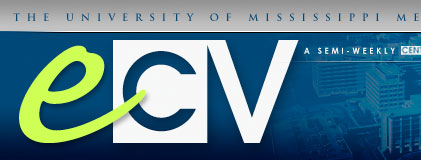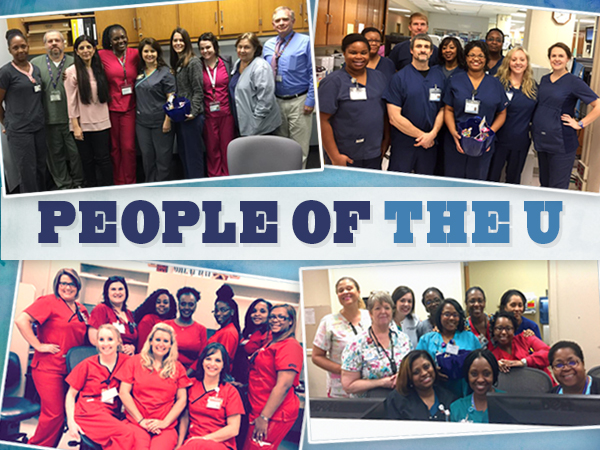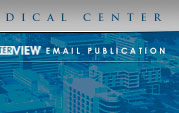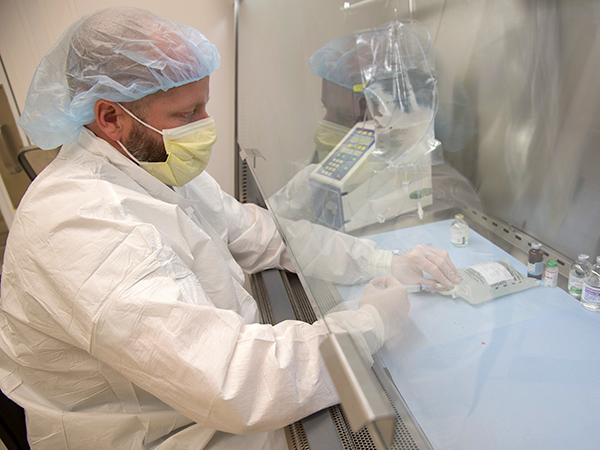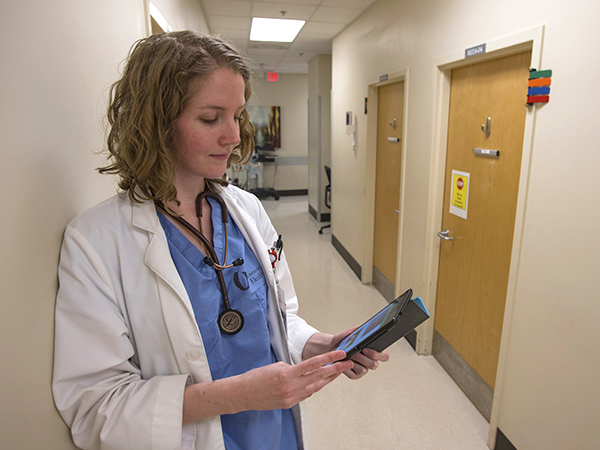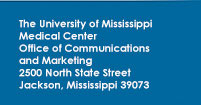|
Why should caregivers in pediatrics use adult-sized wipes on tots and babies when baby wipes are all that's needed? Why eat a non-reimbursable $272 to wake up a Medical ICU patient at 3 a.m. for “routine” lab work that always includes a chest X-ray, when the tests aren't necessary in the first place Why use two sponges for a gastrointestinal procedure when one will do? And, why use a particular disposable lab coat when you can get the same quality from a different vendor for almost half the price? Front-line staff at the University of Mississippi Medical Center are asking themselves those questions - and coming up with solutions. Since inception of the Value Analysis program in 2015, UMMC has been able to capture more than $19 million in savings. In FY16 alone, the dollar figure was almost $9 million. Among those gleanings: $25,000 annually on the wipes, with the potential for another $60,000 a year; $25,000 annually on the lab coats; and $8,000 on the sponges. Other initiatives, including product standardizations, taking advantage of Group Purchasing Organization pricing and contract negotiations make up the total annualized savings. The goal: Save UMMC money by eliminating waste, redundancy and inefficiency, and putting into motion cost-saving vehicles. The Medical Center embarked on the Value Analysis program to identify operational cost-saving opportunities. Eight teams have been formed, representing DIS, UMMC Grenada and Holmes County, laboratory services, patient care, pharmacy, perioperative, procedural and support services. Each set savings goals and developed initiatives to identify and implement internal savings opportunities, much of it in procurement of commodities and services. The breakdown of savings since the program began is an eye-opener: $1.26 million, DIS; $584,543, UMMC Grenada and Holmes County; $2.78 million, Laboratory Services; $1.54 million, Patient Care; $3.93 million, Perioperative; $3.42 million, Pharmacy; $3.3 million, Procedural; and $2.2 million, Support Services. “Drug prices are escalating at a very high pace, and there's a lot of opportunity there,” said Todd Dear, director of pharmacy and chair of the Pharmacy Value Analysis Team. “We saved money by traditional contract negotiation.” But often, he said, savings are realized when a front-line staffer sees a better way of doing things. One example is changing administration of the drug Emend, which is given to lessen the side effects of chemotherapy, to IV rather than by mouth.
|
